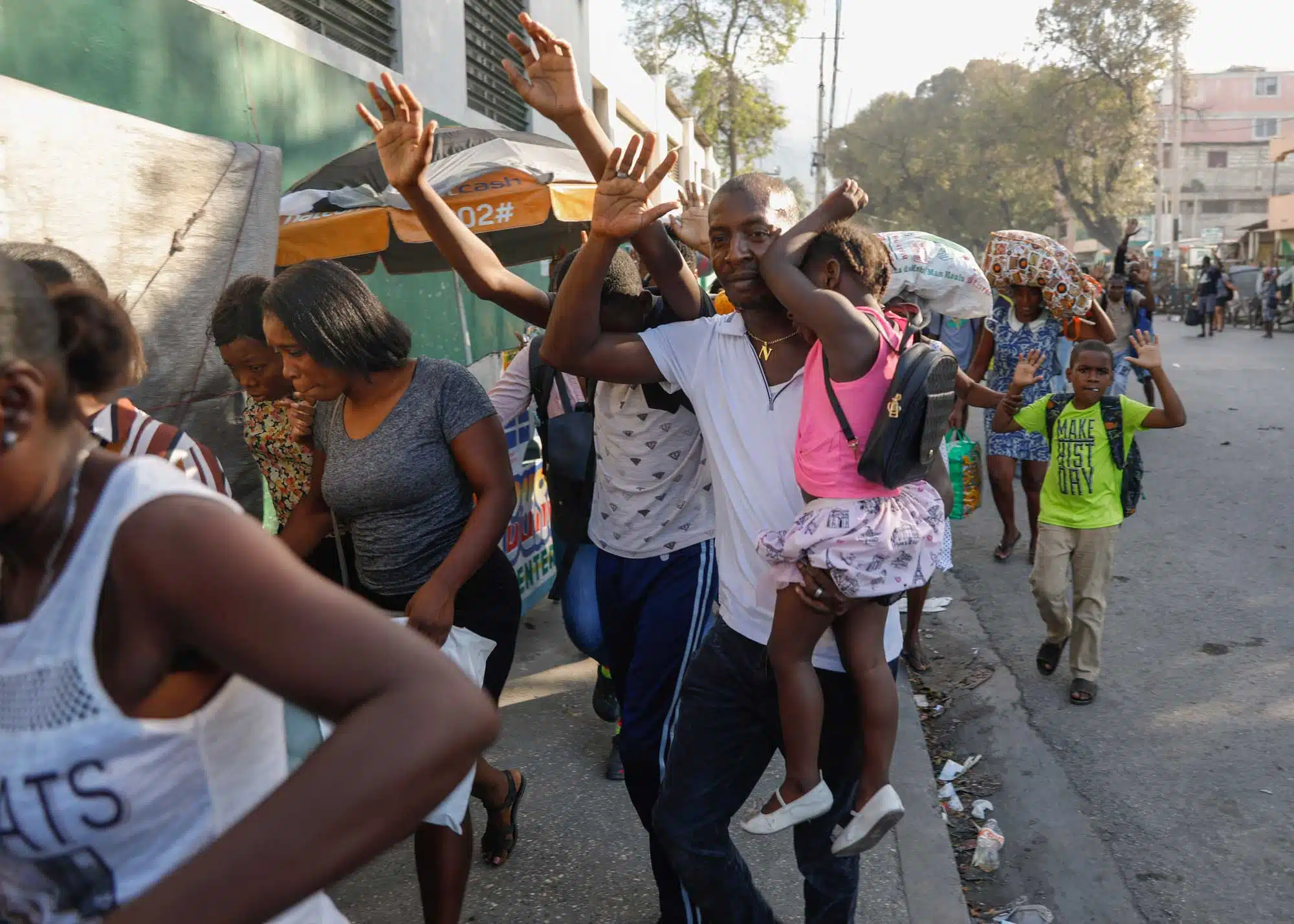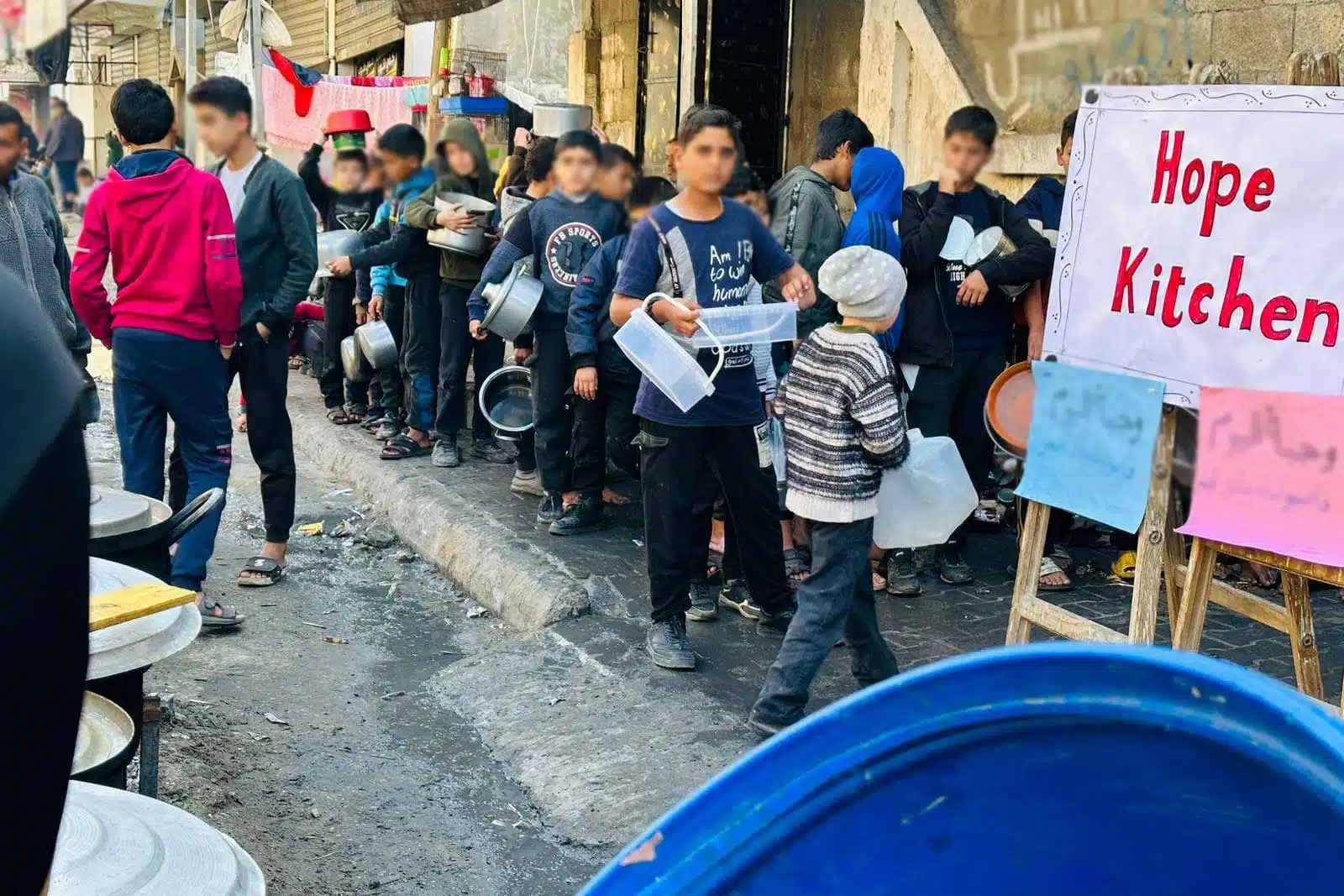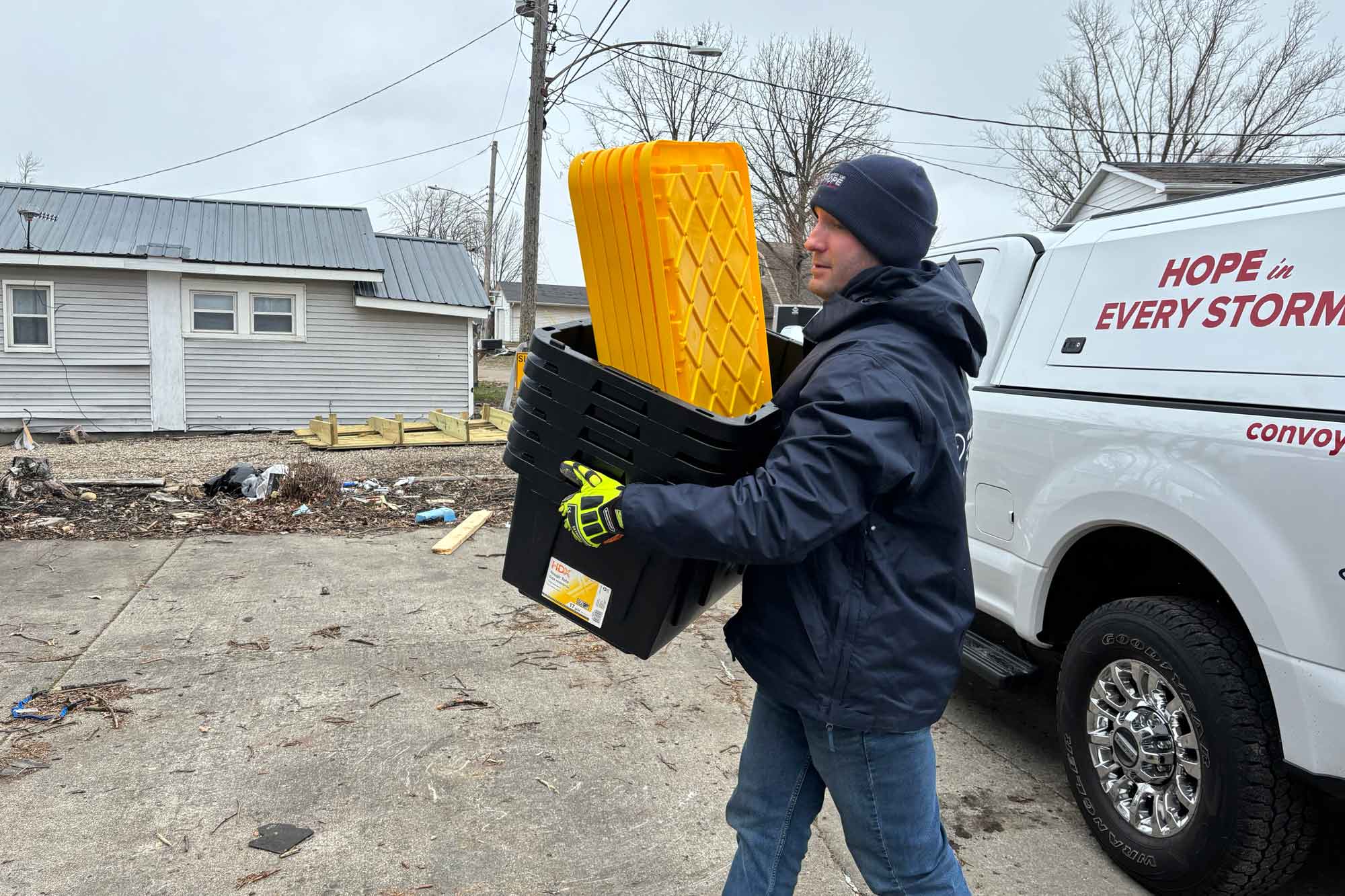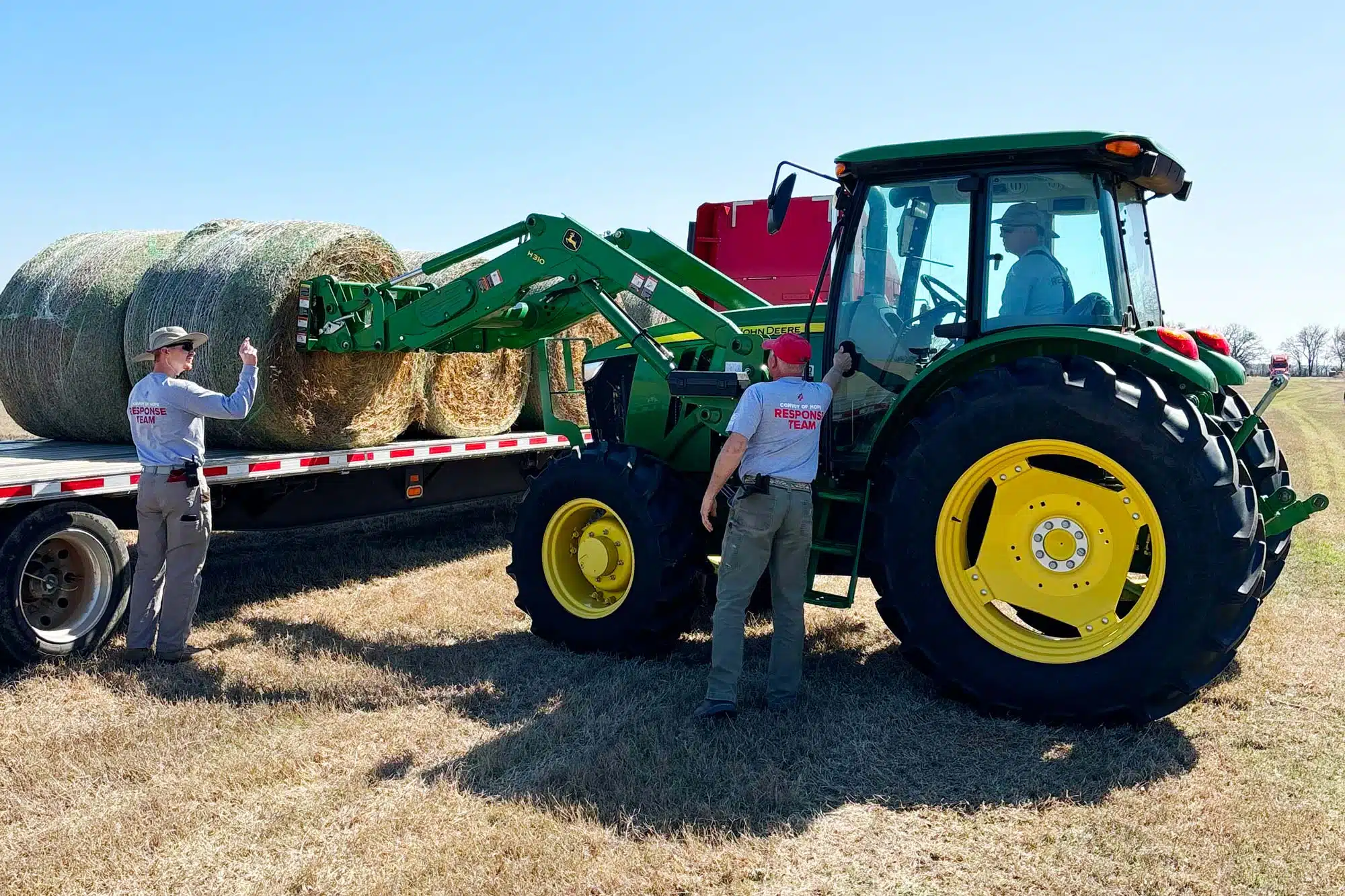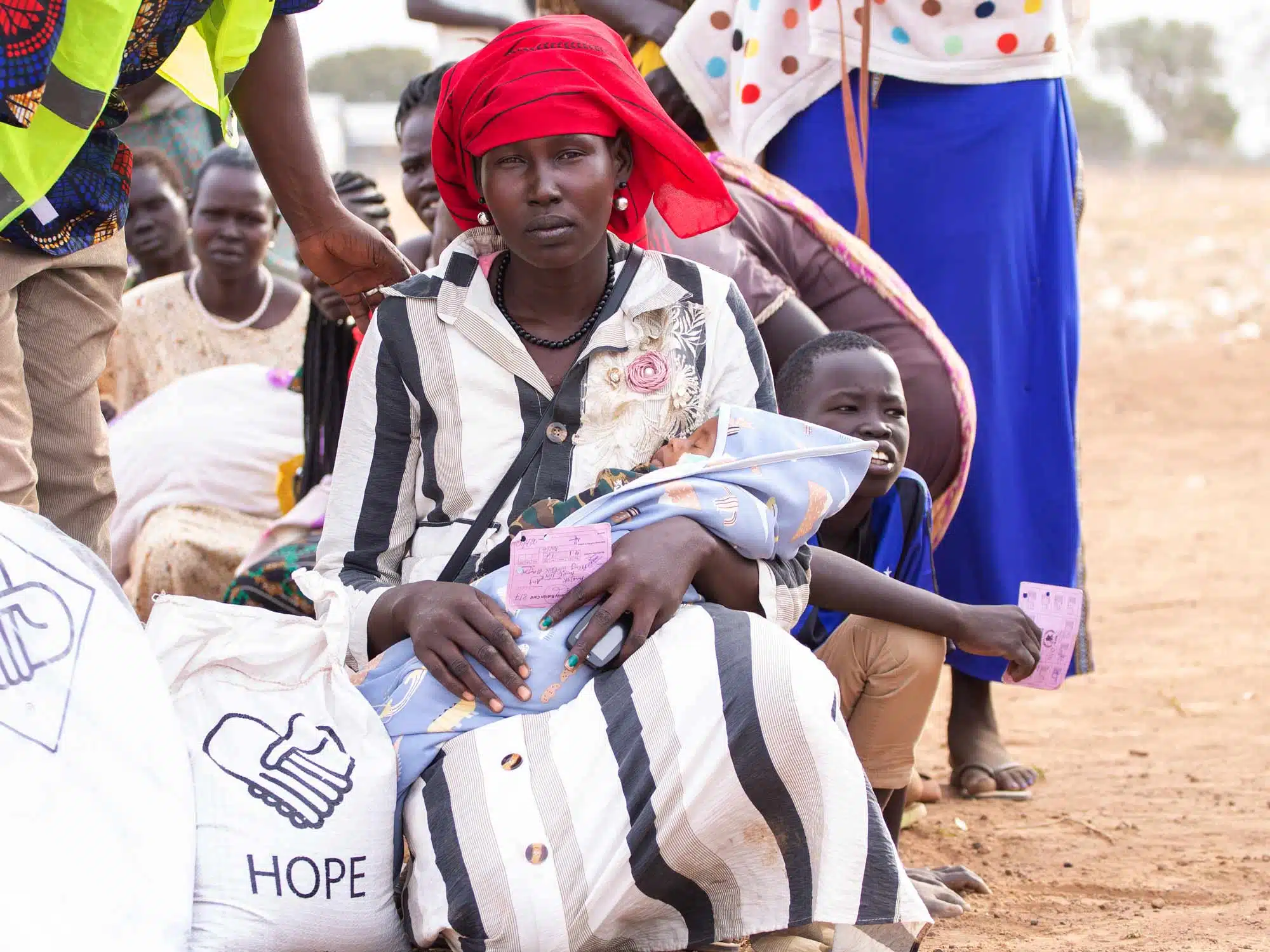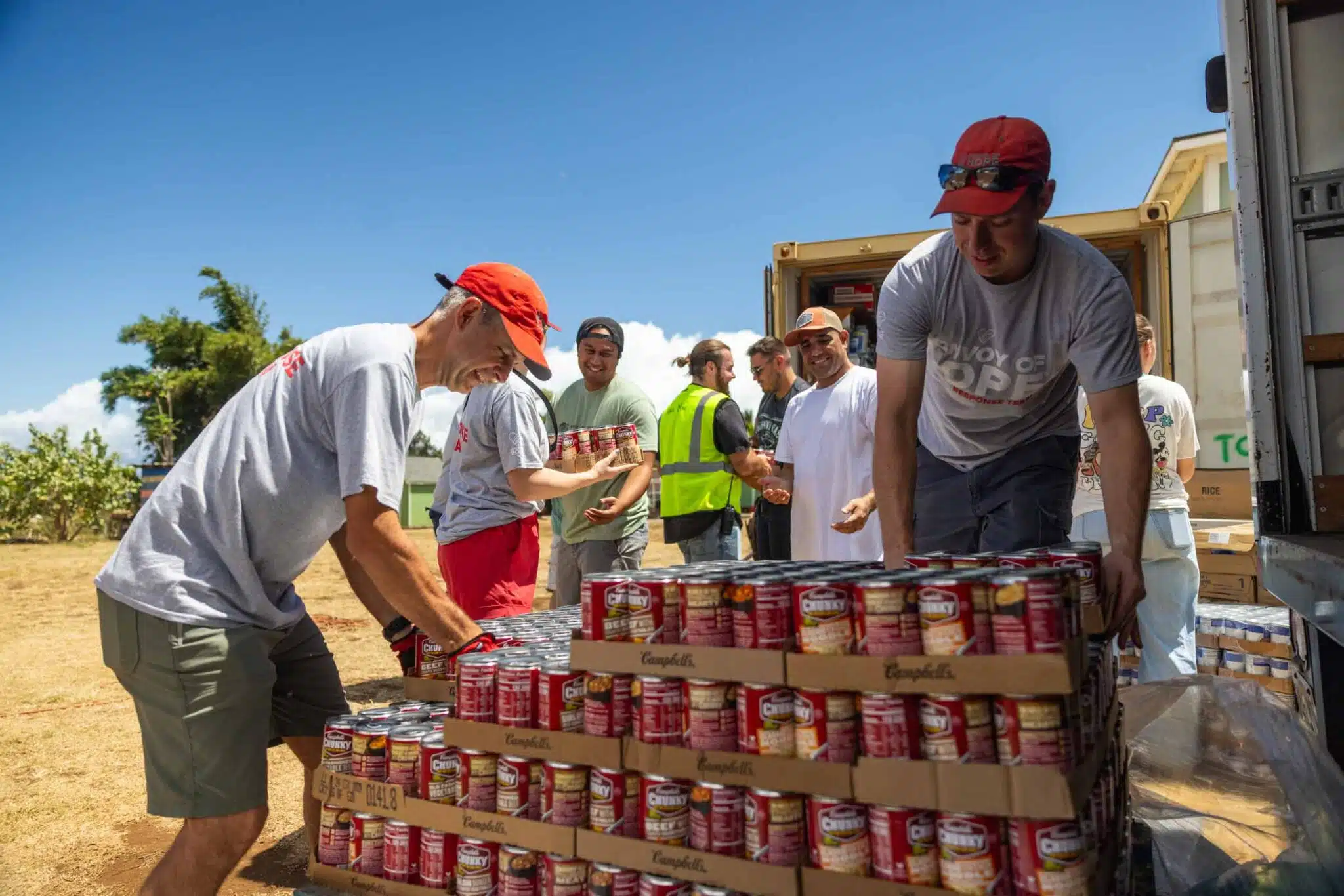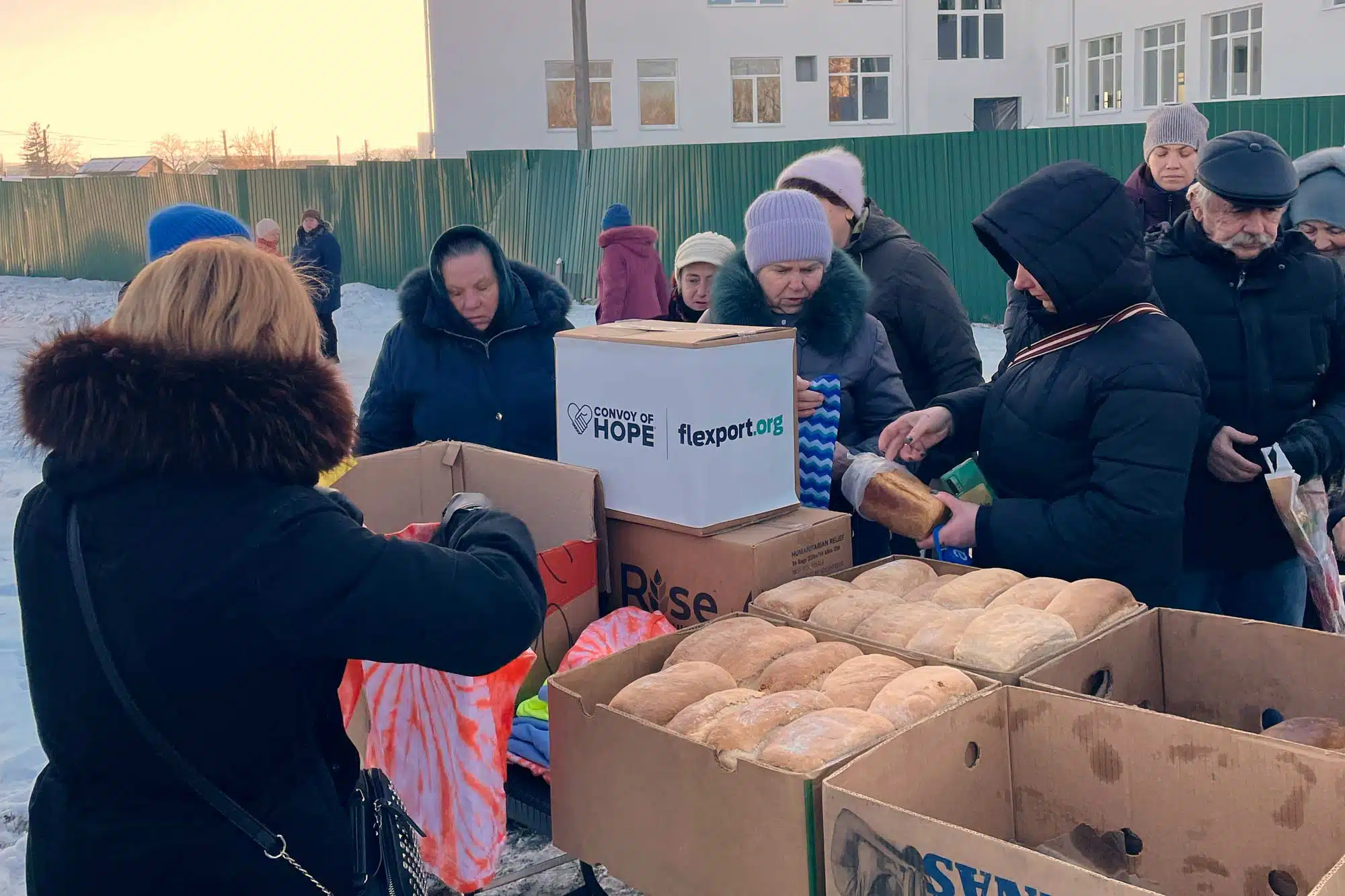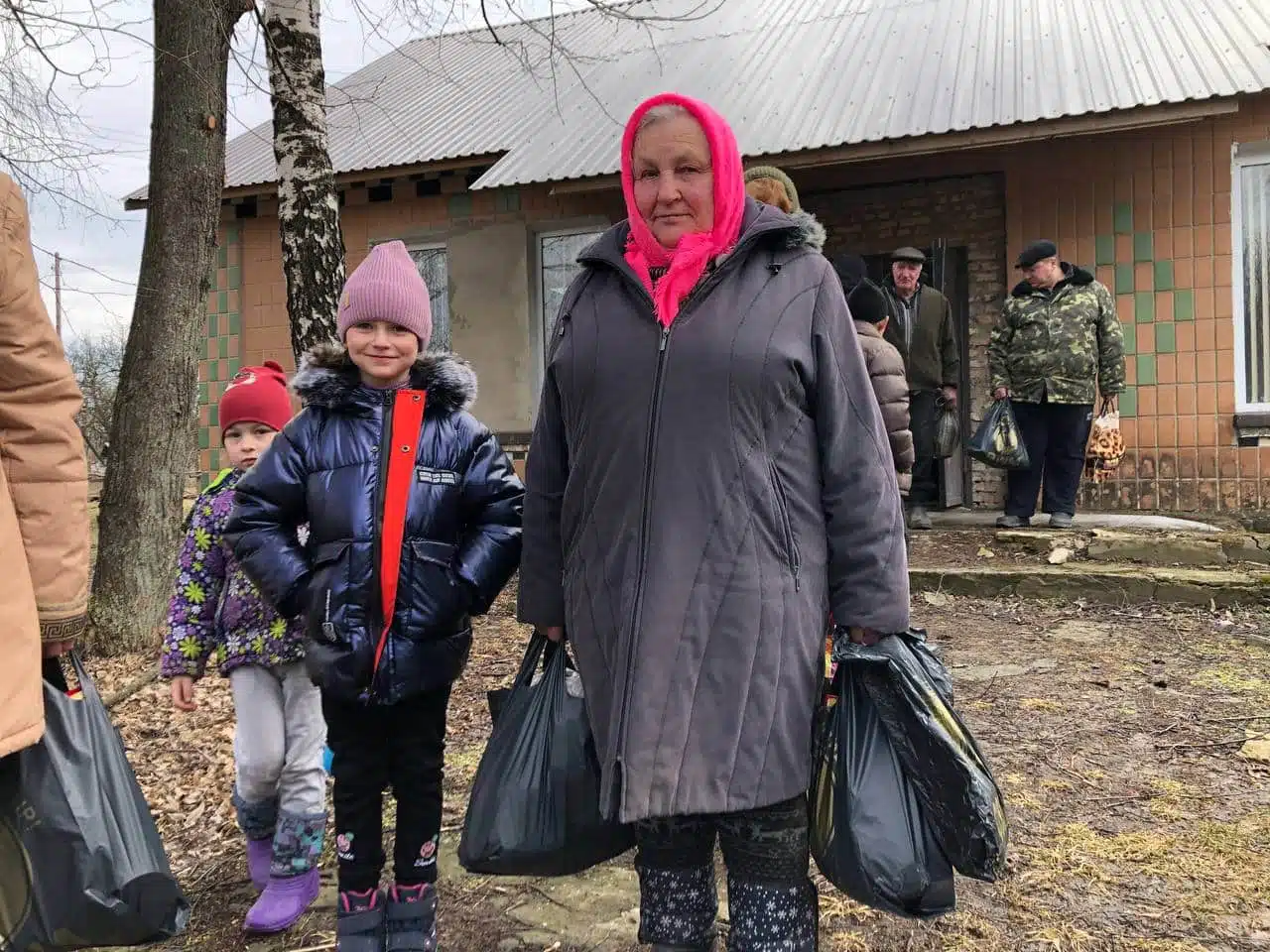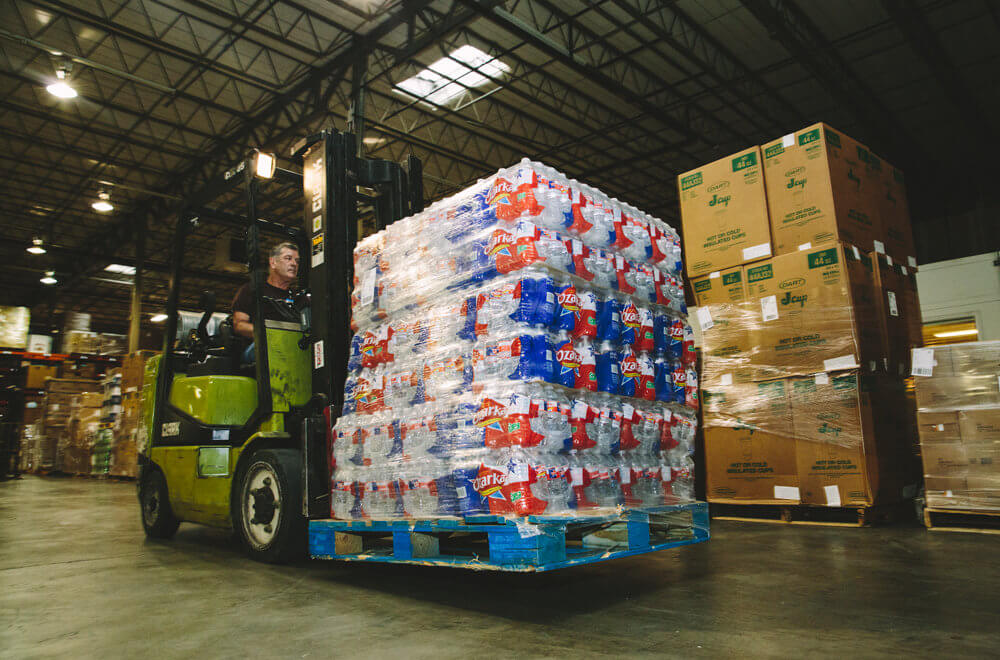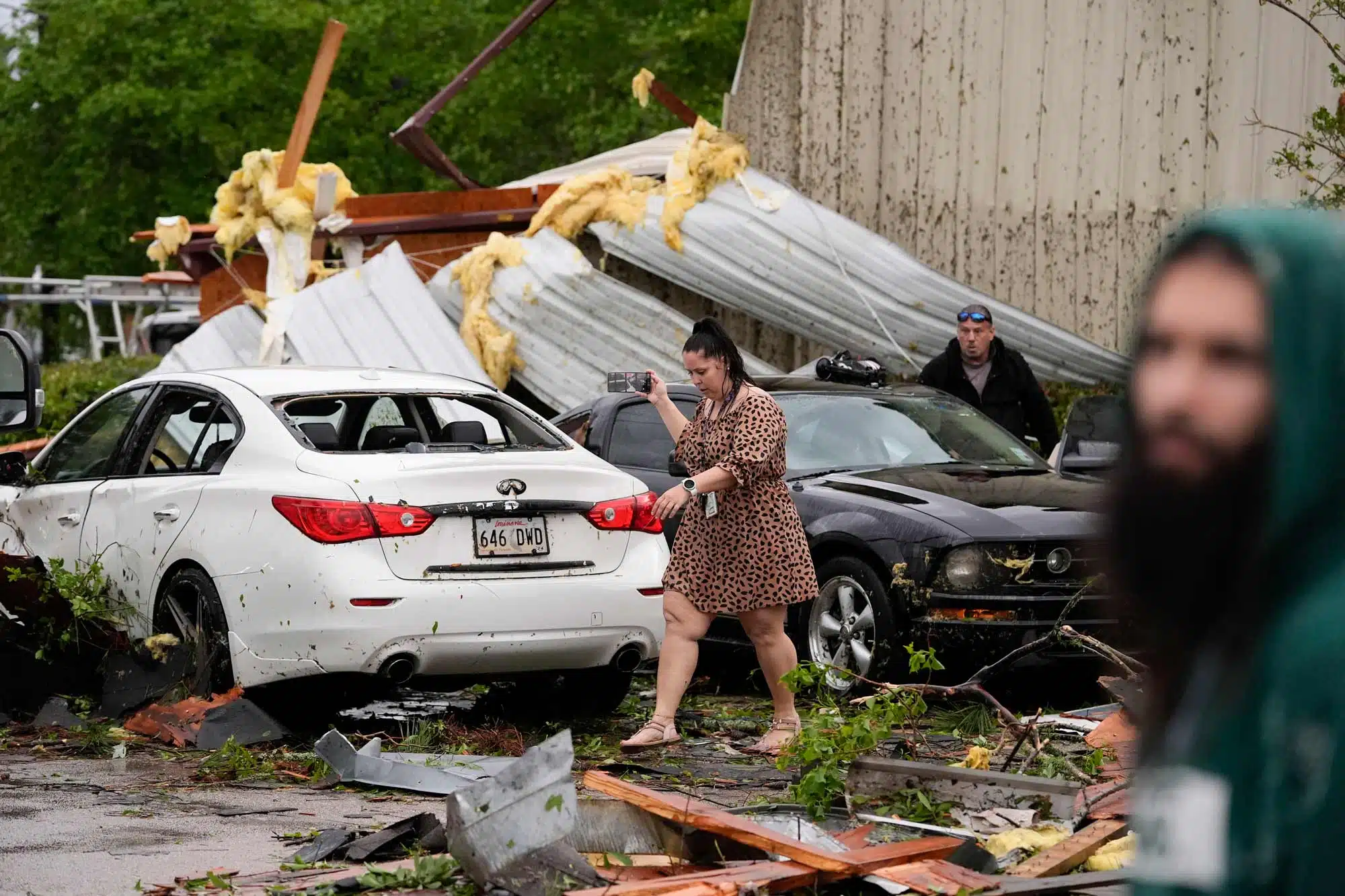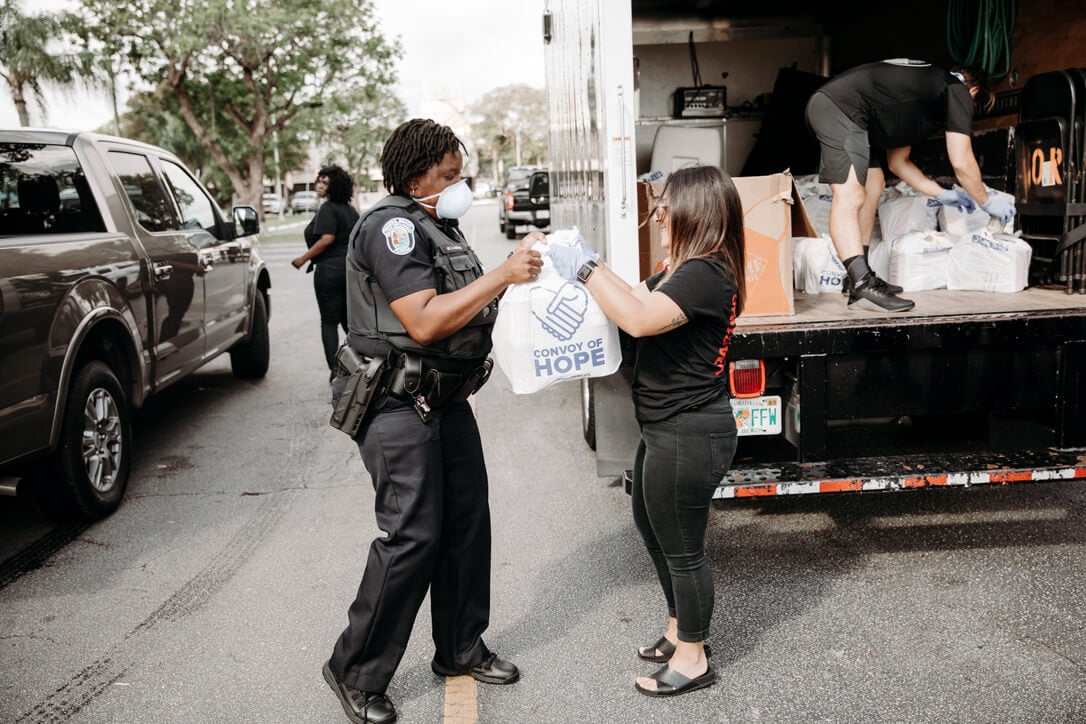
There’s a story often told in popular movies, television, books, and video games — when disaster strikes, society crumbles and people turn against each other. It’s a fear that many people can have now during the COVID-19 pandemic.
Fortunately, that is a myth.
A research group within the United States Federal Emergency Management Administration (FEMA) has found that “disaster victims are assisted first by others in the immediate vicinity and surrounding area and only later by official public safety personnel […] The spontaneous provision of assistance is facilitated by the fact that when crises occur, they take place in the context of ongoing community life and daily routines — that is, they affect not isolated individuals, but rather people who are embedded in networks of social relationships.”
In other words, society does not collapse during and after a disaster. Instead, people spontaneously come together to face the difficulties before them and recover as a community.
When Hurricane Maria devastated Puerto Rico in 2017, there was a delay in getting relief supplies to the affected area as response organizations had to find creative ways to even get to the island. During that time, Puerto Ricans could have lost hope and abandoned one another — but that didn’t happen. “The circumstances have obligated people to work together,” said Sarah, a second-grade teacher in Puerto Rico. “Everybody has to depend on each other.”
Convoy of Hope sees compassion overcome fear day after day, disaster after disaster. Whether it’s following a disaster or facing poverty, we join with people all over the world to strengthen communities and share kindness in the good times and the bad.
